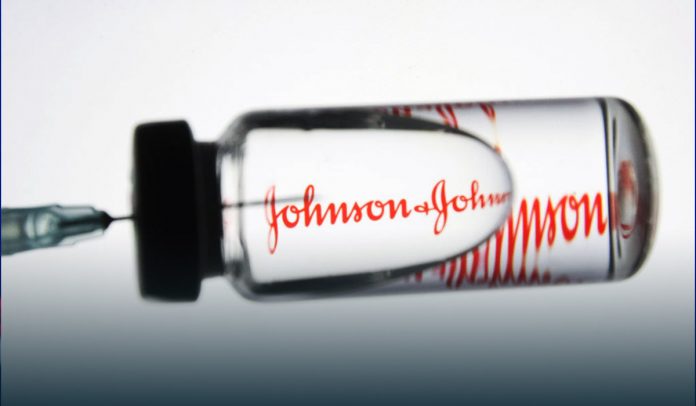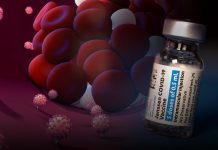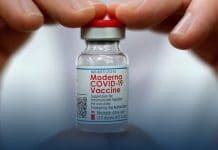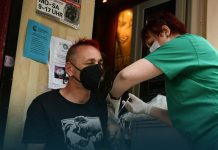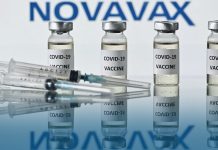The European Union’s drugs regulator, European Medicines Agency (EMA), has said that blood clots should be listed as a very rare side-effect of the Johnson & Johnson (J&J) coronavirus vaccine.
The EMA stated that it had found a possible link between the COVID-19 vaccines and clots. But it added that the benefits of the vaccine outweighed the risks.
Health Editor Michelle Roberts says that It does not mean Oxford/AstraZeneca and the Johnson & Johnson/ Janssen are no good or unsafe to use in immunization programs.
Earlier in April, the EMA made the same recommendation for the coronavirus vaccine produced by Oxford Uni-AstraZeneca.
Only 1 of more than 7 million people who have received the shot in the United States, 8 people developed rare blood clots, including one individual who died.
That recommendation, made on 7 April, came after 86 out of 25 million Europeans administered with the jab developed the unusual blood clots.
The United Kingdom then stopped administering the Oxford-AstraZeneca vaccine to people under 30.
Last week, America, South Africa, and the European Union paused the rollout of the J&J vaccine in response to the rare blood clotting reports.
The European Medicines Agency Statement
The EMA’s executive director Emer Cooke said that this is a very rare side-effect of the J&J coronavirus vaccine, also known as the Janssen vaccine. Still, patients and doctors need to be aware of the signs to spot any concerns and seek medical specialists’ help as early as possible.
She added that thousands of people are still dying every day of coronavirus, and these vaccines play a hugely important part in combating this epidemic. Moreover, the vaccine’s benefits in preventing coronavirus outweigh the risks of these infrequent side effects.
The drug regulator said that the blood clotting cases in America occurred in individuals under 60 within three weeks after immunization, mostly women.
Moreover, it said that one conceivable explanation for the combination of blood clots and low platelet count is an immune response, leading to a situation similar to one sometimes seen in patients treated with heparin called heparin-induced thrombocytopenia (HIT). Heparin is an anticoagulant (blood thinner) given to people to prevent blood clotting disorders.
It added that the risks linked with the coronavirus itself are still higher than the vaccine.
The EMA stated that coronavirus is linked with a risk of hospitalization and death. Moreover, the reported combination of clots and low platelet count is very rare, and the exclusive benefits of the J&J coronavirus vaccine in preventing coronavirus outweigh the risks of side effects.
Read Also: Major European Nations Paused the Use of AstraZeneca’s Vaccine over Blood Clot Concerns
What are the symptoms to be aware of after getting the COVID-19 vaccine?
While the risk of developing a clot is very low, and the dangers linked with coronavirus itself are still more significant, the regulator is cautioning people to be aware of the symptoms of blood clots if they are receiving the Janssen jabs.
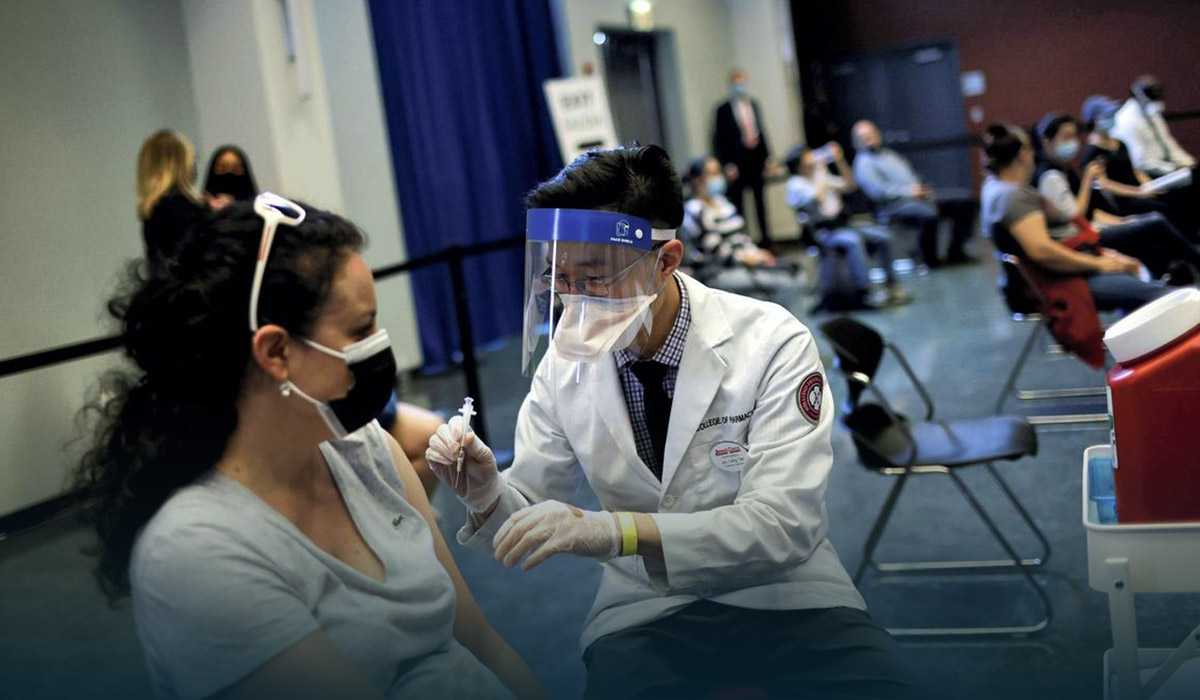
Source: Web
The symptoms to be aware of after receiving the COVID-19 shot are as follows.
- Chest pain
- Shortness of breath
- Persistent abdominal pain
- Leg swelling
- Tiny blood spots (skin hemorrhages) under the skin beyond the injection site, and
- Neurological symptoms (symptoms affecting the nervous system), like severe and persistent headaches and blurred vision
If an individual develops any of the signs within three weeks of getting the vaccine, they should go for urgent medical care.
Read Also: Australia reports first blood clot death linked to AstraZeneca shot

